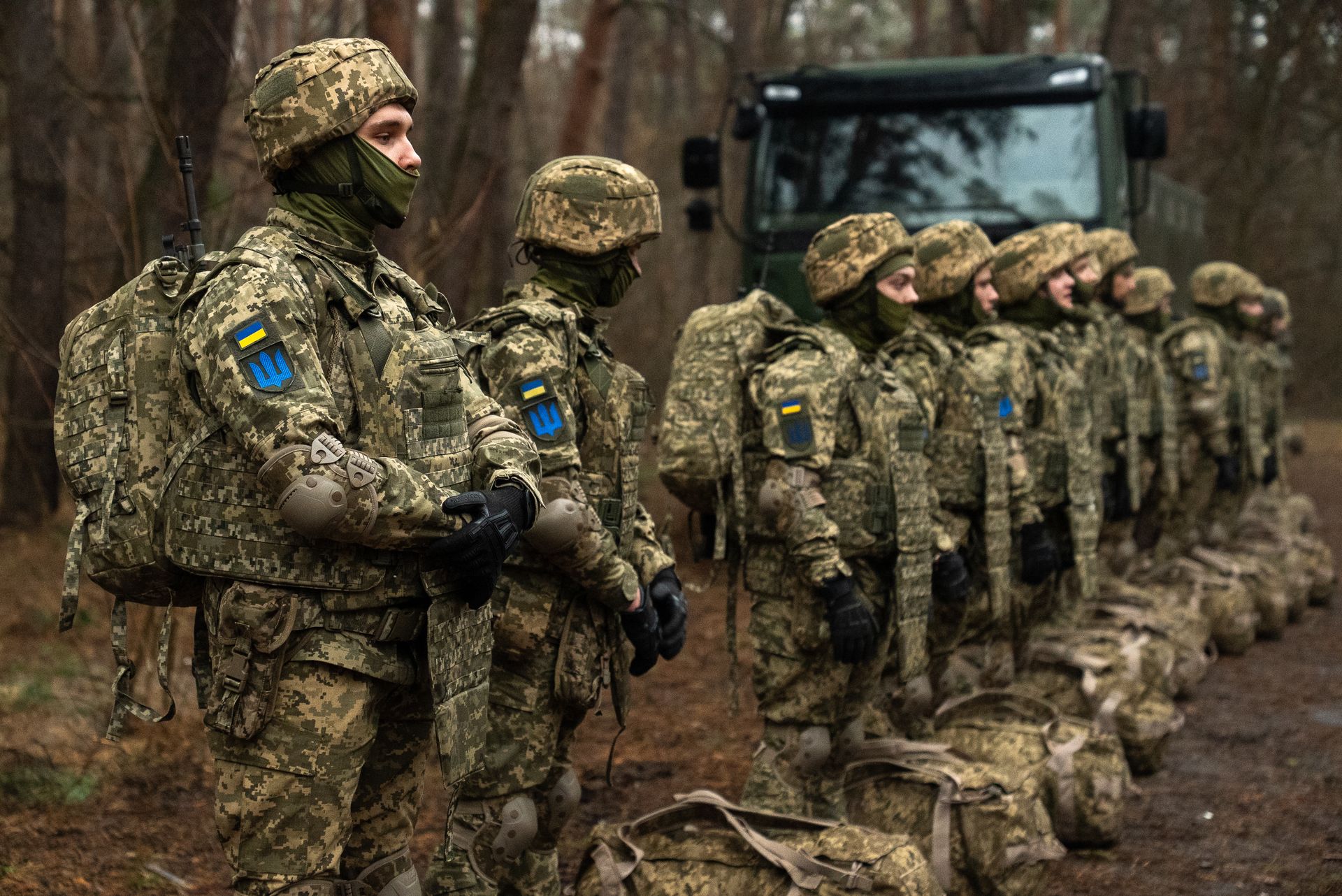Rutte concedes future peace deal may acknowledge Russian control of occupied Ukrainian land

NATO Secretary General Mark Rutte said Ukraine may ultimately have to accept de facto Russian control over parts of its occupied territory as part of a future peace agreement, he said in an interview with ABC on Aug. 10.
"The question will be how to go forward past a ceasefire, including what it means in terms of security guarantees for Ukraine," Rutte said.
"When it comes to this whole issue of territory, when it comes to acknowledging, for example, maybe in a future deal that Russia is controlling de facto, factually some of the territory of Ukraine, it has to be effectual recognition, and not a political de jure recognition," he added.
The statement comes as U.S. President Donald Trump is set to meet with Russian President Vladimir Putin in Alaska on Aug. 15 to discuss ending Russia's war in Ukraine.
"Next Friday will be important because it will be about testing Putin, how serious he is on bringing this terrible war to an end," Rutte said.
"When it comes to full-scale negotiations, and let’s hope that Friday will be an important step in that process. ... It will be about territory. It will be, of course, about security guarantees, but also about the absolute need to acknowledge that Ukraine decides on its own future, that Ukraine has to be a sovereign nation, deciding on its own geopolitical future — of course, having no limitations on its own military troop levels. And for NATO, to have no limitations on our presence on the eastern flank," Rutte added.
Russia has issued maximalist demands to Kyiv in previous direct peace talks, including that Ukraine give up its NATO aspirations and demilitarize, as well as withdraw troops from four oblasts partially occupied by Russia — Kherson, Donetsk, Luhansk, and Zaporizhzhia.
Months earlier, U.S. attempts to broker a peace deal between Ukraine and Russia failed. Kyiv and Moscow later held three rounds of direct peace talks in Istanbul, which were largely inconclusive.
In direct talks, Ukraine and Russia agreed to several prisoner exchanges, but progress toward a ceasefire was not made amid Russia's maximalist demands.
Trump previously announced an Aug. 8 deadline for Russia to reach a ceasefire in its war against Ukraine. Despite Russia's refusal to halt hostilities, Trump never imposed sanctions on Moscow once the deadline passed.











